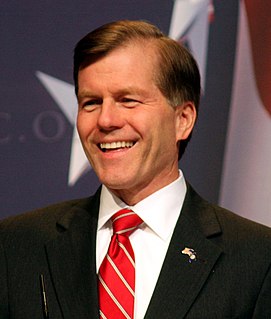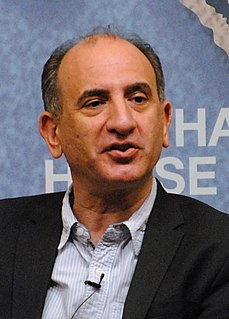A Quote by Bob McDonnell
Anytime you have a reelection campaign against an incumbent president and you're the party out of power - on the one hand it's wide open because there's not an heir apparent - but people are also gauging how strong is that incumbent president and what are my chances.
Related Quotes
In any case, open-seat presidential elections like 2008 just are different in character from incumbent reelects, and I think that's the most important thing about this election - is that once there's an incumbent running for reelection, most of the debate is about, "Has he [Barack Obama] done a good job?" Most of the judgment is, "Do you want to keep him or do you want to replace him?" Now, the opponent has to also be acceptable and has to make his own case.
I think that what is always true when you run against an incumbent president is, is that you end up talking more about that president's record than your vision for the future, and I think that the Democrats do have to present a proactive agenda and vision for the country and not simply run against something if they're going to be successful.
Romney has to convince the American public that they need to do something they're not usually inclined to do - replace a sitting president with a challenger. And unlike in 1980 and 1992, when the public was persuaded to do just that, the incumbent president has not been weakened by a primary opponent.
Mitt Romney has to convince the American public that they need to do something they're not usually inclined to do - replace a sitting president with a challenger. And unlike in 1980 and 1992, when the public was persuaded to do just that, the incumbent president has not been weakened by a primary opponent.





























